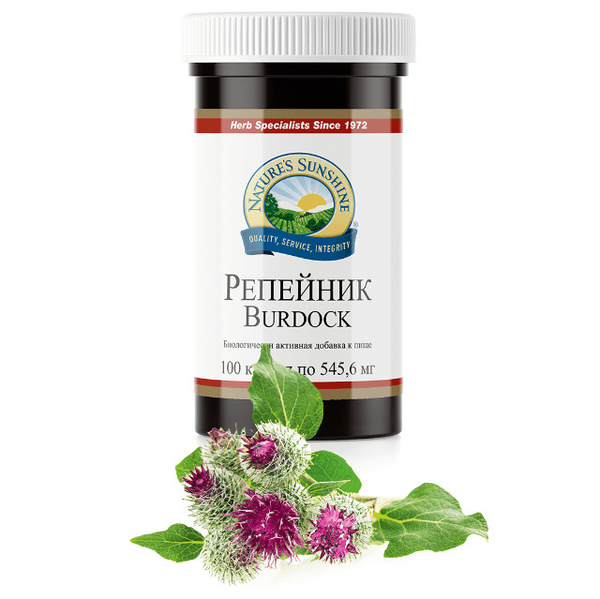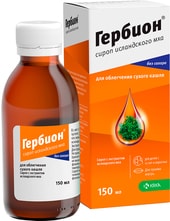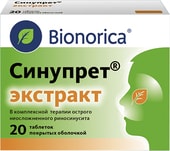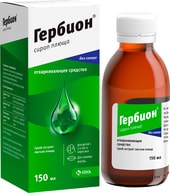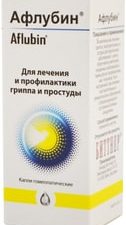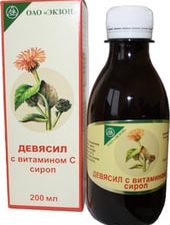Subtotal: $19.00
Title: Burdock Root (Arctium lappa): Benefits, Uses & Nutritional Information
Burdock root (Arctium lappa) is a remarkable herb with a rich history of traditional medicinal use. Prized for its diverse therapeutic properties, burdock offers significant benefits for both internal and external health.
Digestive Health
Burdock root decoctions stimulate the secretion of bile and pancreatic enzymes, promoting healthy digestion and regular bowel movements. It’s traditionally used to alleviate constipation, and may provide relief from symptoms associated with hemorrhoids.
Liver & Kidney Support
Its hepatoprotective properties help support liver function, and it may be beneficial for individuals experiencing gallbladder or kidney stone issues. The plant’s diuretic effect can also aid in the elimination of toxins.
Anti-inflammatory & Antimicrobial Actions
Burdock root possesses potent anti-inflammatory, antibacterial, and antifungal (fungicidal) actions. These properties contribute to its effectiveness in addressing various health concerns.
Skin Health & Allergic Reactions
Known for its anti-allergic effects, burdock root can significantly improve skin conditions and reduce itching. It has been traditionally used to treat eczema, psoriasis, furunculosis (boils), acne, and dandruff. External applications, such as baths and washes, may also help soothe inflammation of the sebaceous glands, treat ringworm and athlete’s foot, and alleviate symptoms of canker sores and gingivitis.
Nutritional Value
Burdock root is a good source of inulin, a type of dietary fiber that supports gut health and promotes a balanced microbiome. The root is also edible and can be incorporated into various dishes.
Disclaimer
This information is for educational purposes only and is not intended as a substitute for professional medical advice. Consult a healthcare practitioner before using burdock root, especially if you are pregnant, breastfeeding, or have pre-existing health conditions.
Related products
Herbal Remedies
Herbal Remedies
 Free worldwide shipping on orders $99+
Free worldwide shipping on orders $99+  US: temporary delays — postal services aligning new import rules,
US: temporary delays — postal services aligning new import rules,  EU: 1–2 weeks,
EU: 1–2 weeks,  Worldwide: 1–4 weeks
Worldwide: 1–4 weeks 

 Herbion Linkas with mint flavor, 16 pastes.
Herbion Linkas with mint flavor, 16 pastes. 

